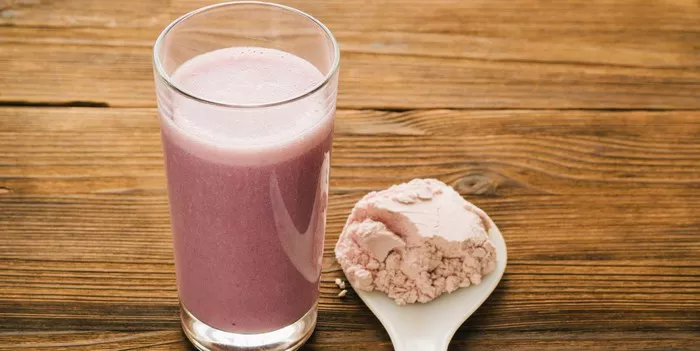For many, washing their face daily is as routine as brushing their teeth, applying deodorant, or turning off the stove. It’s so ingrained that sometimes people wonder, “Did I wash my face today?” But what if the answer is consistently “no”?
Though it may sound amusing, busy lifestyles, groggy mornings until after coffee, and end-of-day fatigue can cause people to skip this essential skincare step. Experts emphasize the importance of understanding how our skincare habits — or lack thereof — affect our skin’s health. They reveal what can happen if you stop washing your face every day.
“Every conscious and unconscious action we take is reflected in the skin on our face,” explains Dr. Angela Sturm, a double board-certified facial plastic surgeon and Fellow of the American College of Surgeons. “I can tell when my patients are stressed, eating poorly, or neglecting skincare. Good habits, balanced nutrition, and a healthy lifestyle slow skin aging and promote a healthier appearance.”
Regular face washing is a key component of healthy living. Here’s why:
What Happens If You Stop Washing Your Face Daily?
Dr. Sturm warns that skipping daily cleansing can lead to several skin issues, including frequent acne flare-ups or worsening conditions like adult acne and eczema. Below is a list of potential effects if you forgo regular facial cleansing:
1. Increased Oiliness
The most noticeable change when you stop washing your face might be increased oiliness.
“Not cleansing leads to excess oil production, making your skin look greasy,” says dermatologist Dr. Viktoryia Kazlouskaya, who holds both medical and doctoral degrees.
While oily skin might seem primarily an aesthetic concern, experts caution it can trigger a chain reaction beyond just appearance.
2. More Breakouts
Excess oil and buildup can cause your skin to relive teenage acne nightmares. Dr. Kazlouskaya notes that oil clogs pores along with dead skin cells and bacteria, resulting in pimples and blackheads, which Dr. Sturm confirms are common in such cases.
3. Increased Skin Sensitivity
You might notice redness that isn’t the healthy flush of sun-kissed skin or emotional blush.
“Accumulated dirt, oil, and pollutants irritate the skin, causing redness, uneven texture, and aggravating conditions like rosacea,” Dr. Sturm explains.
4. Risk of Eczema or Worsening Symptoms
Both doctors report that not washing the face can contribute to seborrheic dermatitis, a form of eczema.
“This condition manifests as red, scaly patches often around the nose, eyebrows, and scalp,” says Dr. Kazlouskaya. “It’s linked to yeast that thrives on skin oils, which proliferate without regular cleansing.”
5. Loss of Skin Radiance
Dr. Sturm warns that skipping face washing dulls skin texture and glow.
“If you don’t remove dead skin cells that accumulate on the surface, your skin becomes dull and rough,” she says. “Cleansing gently exfoliates these cells, revealing brighter, healthier skin.”
6. Accelerated Skin Aging
Wrinkles are inevitable, but premature aging can be prevented.
“Not only does dull skin accelerate aging, but pollutants on the skin produce free radicals that speed up the process,” Dr. Sturm adds.
7. Reduced Effectiveness of Skincare Products
Failing to wash your face properly can also impact your skincare investments.
“Dirt and oil create a barrier that prevents products from penetrating, limiting their effectiveness against aging signs,” Dr. Sturm explains.
How Often Should You Wash Your Face?
There is no one-size-fits-all answer, but experts agree that washing twice daily is ideal.
“Twice daily cleansing is best, but at minimum once a day — preferably at night — to remove dirt, excess oil, sweat, and pollutants,” Dr. Kazlouskaya advises.
Certain circumstances may require more frequent washing.
“If you have oily skin or exercise during the day, consider an extra wash,” she says. “Double cleansing—using an oil-based cleanser followed by a water-based one—is not always necessary but helpful if you wear heavy makeup or sunscreen for thorough removal.”
Can You Overwash Your Face?
Dermatologists often see damage from overwashing. The temptation to wash frequently to prevent acne is understandable, but experts caution against it.
“Overwashing or using unsuitable products damages the skin’s natural barrier,” Dr. Sturm warns. “This strips natural oils, causing dryness, irritation, dullness, and accentuated fine lines, especially under thin skin around the eyes.”
Excessive washing can even worsen acne. “If you must wash more often, keep skin moisturized to prevent dryness,” she adds. “For most people, washing twice daily is recommended.”
Related Topics
































